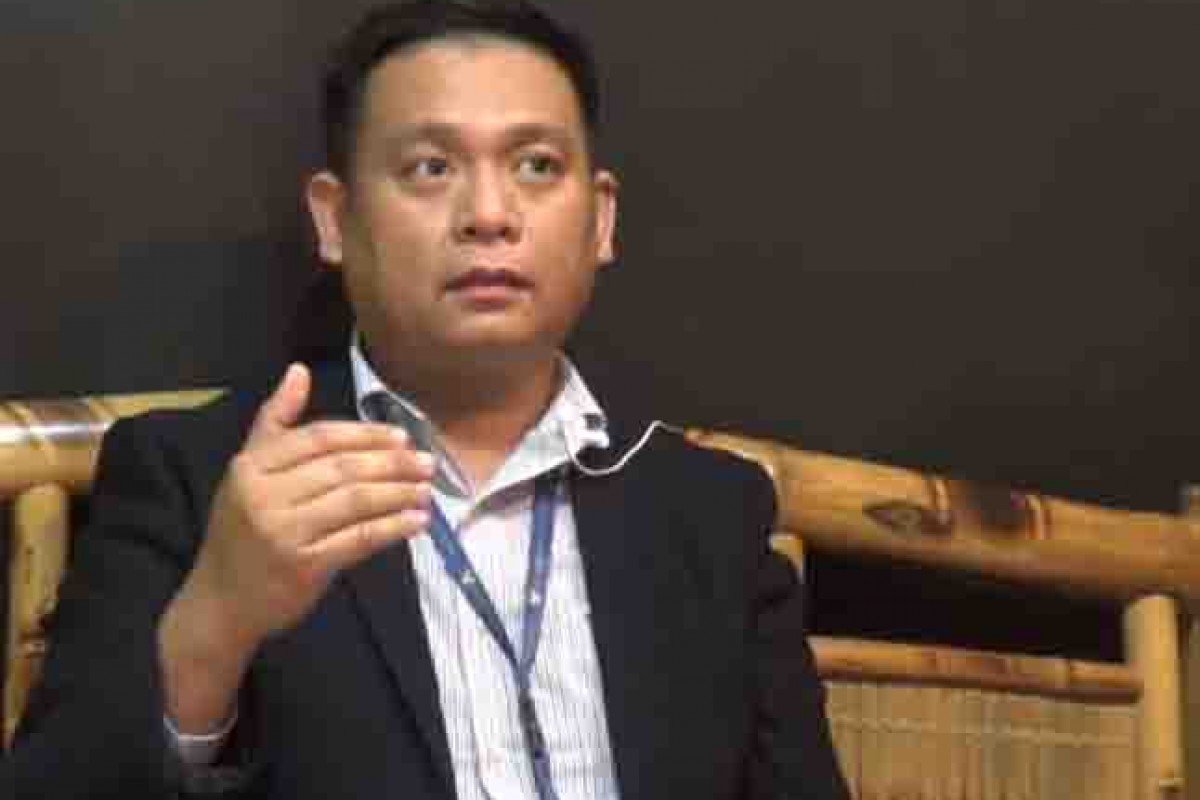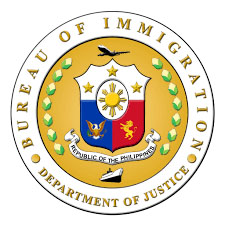Online scams. What are they basically?
In this time when the world takes the leap to online transactions with health authorities wary about consumers getting the virus through the physical money that exchange hands, digital online transactions seem to be the best way forward. The direction has also triggered online scams, victimizing consumers, especially those who want to get rich quickly.
With this, Bangko Sentral ng Pilipinas (BSP) in Central Visayas brings its campaign to Bohol to increase consumer awareness, especially on online scams.

Phishing
Phising is basically fishing for information, so that fraudsters can use them without the account holder's knowledge. It is a strategy that scammers use to lure people into revealing their passwords and other financial data/
It is usually done via email and looks like it comes from a legitimate company, asking you to click on a link. This email is made to appear like your financial institution website, but the link itself will lead to a fake website.
When you see this, do not click on the link as doing so would bring you to the fake website which may infect your PC with malicious software (malware), coded to extract your personal information or delete your files unless you pay for a systems upgrade.
Once you click on the link, it is almost always easy for the fraudsters to hack or copy your information and withdraw money from your personal accounts using cloned and fake credit cards.
To "cure" your PC, somebody would ask for your credit card number to pay for supposedly an antivirus program to be installed in your PC. Others would ask for your online banking password or your credit card’s one-time-pin (OTP), which would allow fraudsters to debit money from your accounts, explained Bangko Sentral ng Pilipinas Bank Officer V Greg Baccay.
Phishing can also be done through other methods like mobile phone text messages or 'SMShing', chat rooms, message boards, mailing lists, fake job search sites, job offers, and fake browser toolbars.

Triple check links
Experts recommend that you triple check the links. These might sometimes appear legit, but a misspell or a weird extension in the link is a red flag that it is a fake website.
Spoof, fake sites
These are websites that appear to be legitimate. These sites are designed to trick users into clicking them and giving out personal data that could be useful in performing unauthorized withdrawals from deposit accounts or data for a clone of one’s credit card.
Always verify the legitimacy of the website on the link, check for spelling errors and look for special characters used in lieu of letters, do research, read reviews of this site, and understand what you read before letting go of your money.

Donations and charity scams
This type of scam puts up fund-raising activities for a fake charity or donation drives that take advantage of the innate goodness in people. But in reality, the money that is collected fattens the pockets of those who initiate the drive.
While there may be some charity drives that are legitimate, there are also ones that are fraud. The usual modus is to send an SMS to your contacts or relatives via mobile phone or Facebook and introduce themselves as the having been in an accident or a relative asking for help as the victim allegedly needs immediate surgery.
Do your research
Research and to know more about the charities you wish to donate to.
If it happens on Facebook, verify the story by messaging close relatives who can confirm the truth of the claim. Hackers simply clone the original accounts and may be very insistent. If you want to give, request for a video call or hand it personally to the person so you will know where your money went. This way, you can also keep the internet from saving your used passwords or OTP.

Impostor scams
Here, the scammer pretends to be someone you trust to convince you to send money. The person impersonates the company you do business with, banks, government agencies, or even threaten you into believing they are terrorists.
The exchange goes into a tempting offer of maybe a higher credit cap, but that would only be effected if you send in your personal sensitive information like bank account number, OTP or even personal data, which can be a lead in your password.
Verify first
When someone asks you to send a big amount of money because of emergencies, verify first. Check with your common friends or associates to verify.
Create strong passwords for your accounts. A strong password contains a combination of alpha-numeric symbols and special characters in uppercase and lowercase. And never share your password with anyone.
Investment scams
This involves getting you or your business to give your money for too-good-to-be-true promises of quick returns and financial opportunity.
In cases like this, offering you a return of investment that is way above the usual bank offer is already an indication of a scam. Learning about Ponzi Scheme can also be a good start, as Ponzi and multi-level marketing schemes are sure signs of a scam.
SEC membership
Always ask for a Securities and Exchange Commission (SEC) issued authority to solicit investments from the proponents. A SEC membership is different from the permit to solicit investments. Double check on the returns and the benefits of the investment offered.

Beat scammers
With all these, BSP reminds people who are now migrating to digital payments to make sure they have a basic working knowledge of how the system works.
The first thing is to create a strong password. While most gadgets use a default 1234 password, experts say a strong password should contain a combination of letters and numbers and special characters that are not easily associated to the person’s personal details like birthdays, parents’ names, etc.
The next step is to protect the password. This involves properly logging out of a computer after use, especially if that is gadget is for public use.
This would also mean disabling the automatic password fill, or click ‘forget password’ after using the PC.
Third, opt for Europay, Mastercard, or Visa enabled card, one with the electronic chip than a magnetic strip that can be easily skimmed by a device.
An EMV card also has several advance features that use a radio frequency identification system that could be read as long as the card is within the frequency, so that swiping the card into a point of sale dock may be unnecessary.
One more thing to remember – keep your bank or credit cards close to you. Your credit card contains a security code at the back that acts like a password for your credit card transactions. (RAHC/PIA7 Bohol)



